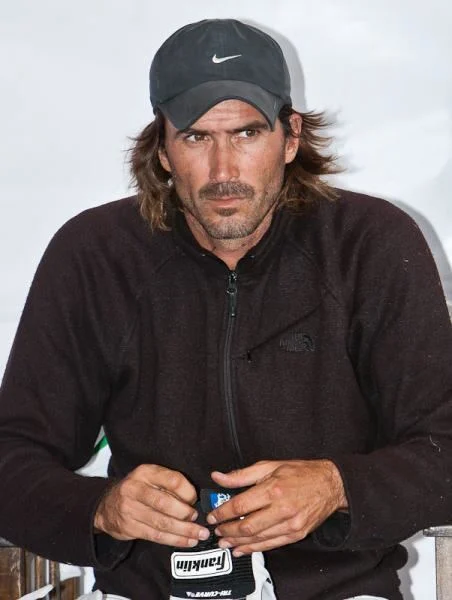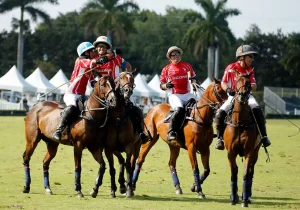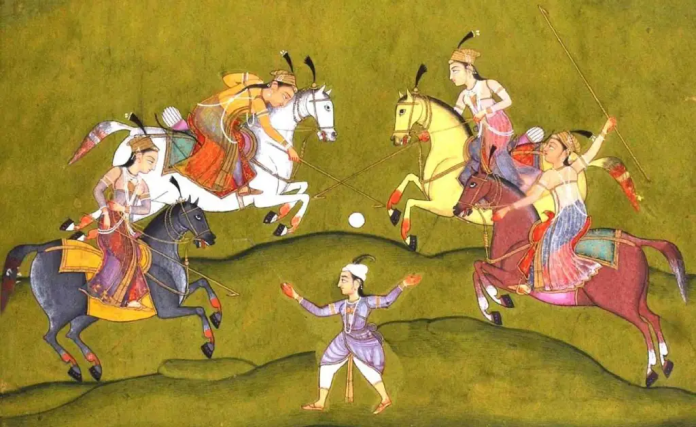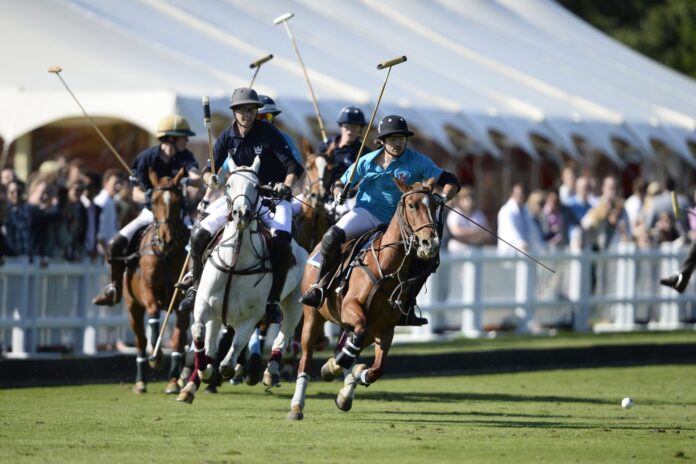The best polo player in the world: Adolfo Cambiaso
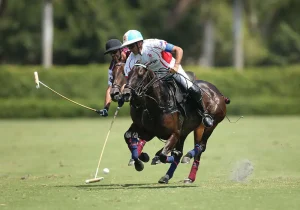
Polo has been called ‘the sport of kings’, an unrivalled spectator sport in the field of equestrian. Ancient variants of it have existed from roughly around the sixth century BCE to the 1st century CE primarily enjoyed by nomadic Iranian. In Persia, the birthplace of the sport, it was deployed at first as a training game for cavalry units, which mostly consisted of elite troops. By the middle ages, the sport’s awareness has spread into south-eastern Asia, especially the Indian subcontinent, where it has become a prominent sporting activity. It is now popular around the world, with well over a hundred member countries in the Federation of International Polo, played professionally in sixteen countries.
Being one of the oldest known team sports, Polo has seen legions of gifted sportsmen deck its halls of fame. It showcases the powerful bond between a player, his fellow team players and their equine partners. Every move in the game is an exhilarating display of athleticism and poise, strongly rooted in centuries of evolution. An incredibly old sport, it has been prized for calibrating an individual’s ability to associate and assimilate with his fellow team members. The art of teamwork is after all a valuable skill to possess in all spheres of life.
And Adolfo Cambiaso is a gem that emerged in this sport, after all, there isn’t a cup he hasn’t ticked off in his ‘Achieved’ list.
The early years of Adolfo Cambiaso
Born on 15th April 1975, at a young age, Adolfo Cambiaso was encouraged by his mother to take up sports. Being an Argentine, Polo became a natural choice. By the time he was a pre-teen, aged around twelve, he had a 1-goal handicap, and a year later, with a 3-goal handicap, he won the Eduardo Heguy Cup with team La Martina, playing alongside his father. Going forward, there was no turning back for the young Cambiaso. He knocked down one obstacle after the other with an unearthly flair. In 1989, aged 14, he won the Campaña del Desierto Cup with the San Deigo team, and a year later the Renault Cup Open with La Martina, gaining a 6-goal handicap.
Adolfo Cambiaso’s professional life
A timeline of Adolfo Cambiaso’s prolific career.
1990 to 1994:
During his nascent years as a polo player, Cambiaso travelled abroad regularly, raking up twenty-four tournaments in Europe, North America and Latin America. At this time, he played for numerous teams including La Martina, and Ellerstina/Ellerston White among others. In 1994, he won the ‘Triple Corona’ (Argentine Open, Hurlingham Open, Tortugas Cup) with Ellerstina, and his handicap rating was tweaked up to 10 goals, the youngest player ever to clinch that title.
1995 to 1999:
During this time, he won a remarkable thirty-one tournaments with teams like La Martina, Ellerstina/Ellerston White, White Birch and Outback.
His other achievements in the last decade of the twentieth century included the Olimpia de Plata award as the most important Argentine polo player of 1997, and the best player at the final of the Abierto Argentino 1997, with a record sixty-seven goals in the 1998 Abierto Argentino.
2000 to 2004:
In this period Cambiaso hauled up thirty-three trophies. He left Ellerstina and branched out with his team, La Dolfina, which he co-founded with Bartolomé Castagnola, eventually winning the Campeonato Argentino Abierto de Polo (Argentine Open) in 2002, with that team.
2005 to 2008:
Cambiaso’s La Dolfina team continued to dominate numerous leagues, winning hat-trick at the Argentine Open in 2005, 2006 and 2007. They defeated Ellerstina by 20–19 in 2005, the then-highest score in an Argentine Open final match. He also became captain of team Crab Orchard in the US, winning the US Open and the USPA Gold Cup. The year 2008 marked a mild slump in Cambiaso’s otherwise prolific career, not winning any of the prestigious Argentine tournaments. La Dolfina made it to the finals of the Argentine Open but was beaten by Ellerstina 12-13 after a golden goal by Gonzalo Pieres in extra time.
2008-Present:
Today, he was considered the best player in the world, his achievements continue unparalleled. Interestingly, he is also the most decorated player in the Argentine Open, competing in fifteen, reaching nine finals and winning seven of them. He scored 535 goals in the Argentine Open alone, breaking the record held by Bautista Heguy with 531 goals. He has also simultaneously played for the Argentina national team since 2002 when they won the Copa Quilmes.
Life outside polo: Adolfo Cambiaso
Breeding of horses
Cambiaso’s love of horses is widely known. It is believed that that is what prompted him to create his own breeding business from scratch. Today he has nearly 1,000 horses on his extensive farms.
One of his best polo horses was a world-famous stallion, Aiken Cura. Unfortunately, the horse suffered a series of setbacks, the most prominent of it being a serious injury during the final of the 2006 Argentine Open. The injury occurred in the extra chukka, and the horse was taken off in the horse ambulance, forcing Cura’s early retirement from the field. After amputation, a prosthesis was fitted, but due to further complications Aiken Cura had to be euthanized in January 2007, it was not before live skin cells were harvested at Cambiaso’s request in the event cloning became possible.
Cambiaso is also known for having pioneered the horse cloning business. He was approached by polo enthusiast Texan Alan Meeker of Crestview Genetics. Meeker teamed up with Cambiaso, and in 2010 produced that first clone. Together with biologist Dr Adrian Mutto and Argentine tycoon Ernesto Gutiérrez, he proceeded to clone his favourite 17-year-old mare Cuartetera, multiple times, clones of which he rode to win the 2017 Argentine Open.
A clone of his horse, Cuartetera, was bought for $800,000 at an auction, making it the most expensive horse sale in polo history.
Recognition of Adolfo Camnbiaso’s work
In 2012, Her Majesty Queen Elizabeth II presented Cambiaso with an award commending his pioneering efforts to encourage violence-free training in a country where breaking a horse used to involve unfathomable distress for the animal.

